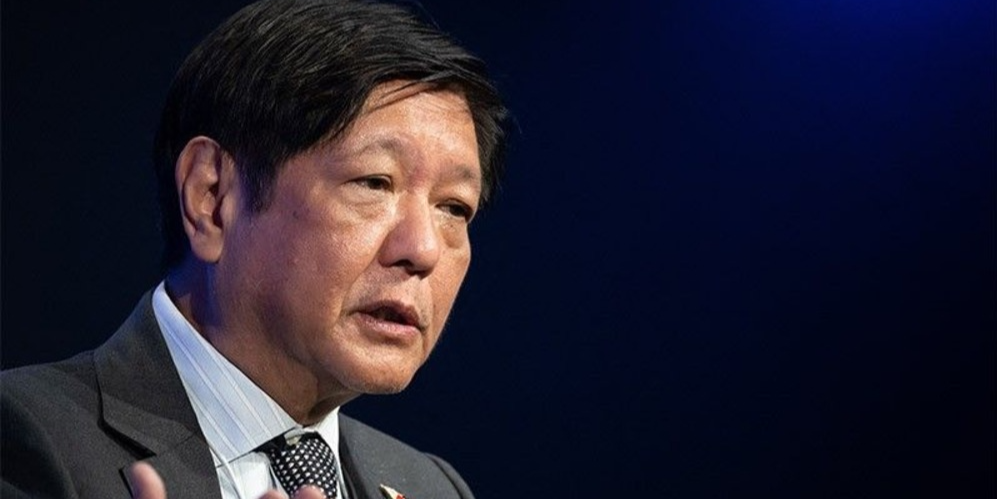Browsing Category
Economics
531 posts
Markets mostly rise on rate hopes but China fears weigh
Markets rose as global interest rate hikes subdued inflation, allowing central banks to adopt a softer monetary policy. Investors hoped for Beijing’s support amid weak data, while Wall Street’s strong earnings were tempered by Netflix and Tesla reports. Cautious optimism persisted, given the receding risk of recession but lingering concerns over China’s economy.
Philippines’ Marcos signs US$9 bn wealth fund into law
Philippine President Ferdinand Marcos signs a law creating a US$9 billion sovereign wealth fund to stimulate economic growth and infrastructure spending, despite critics warning of potential misuse and public opposition. The fund, named the “Maharlika Investment Fund,” will draw funds from various sources, including the national government, gaming revenue, and private investments. Marcos assures transparency and prudent management of the fund.
Singapore avoided a technical recession in 2Q, yet it still not out of the wood
Singapore’s economy dodged a technical recession in 2Q’23 with a rebound of 0.3% q-o-q output, exceeding consensus expectations, according to BMI, a Fitch Solutions company.
However, weak global demand and tight monetary policy could hinder achieving 2.2% y-o-y growth in H2’23.
Singapore’s non-oil exports experience 15.5% decline in June 2023, extending downward trend
Singapore’s NODX faces significant challenges as data from EnterpriseSG reveals a 15.5% decline in June 2023, extending the ongoing downward trend observed since April.
“NODX to the top markets as a whole declined in June 2023, though NODX to Hong Kong and China rose,” said EnterpriseSG..
Ringgit shows signs of strengthening against USD and SGD on Friday
The ringgit showed slight signs of strengthening against the Singapore dollar at Friday (14 Jul) noon, reaching 3.43.
This slight appreciation follows its lowest level in history against the Singapore dollar, which hit a daily low of 3.50 two days prior.
Additionally, the ringgit also traded higher against a variety of major currencies and other ASEAN currencies.
China exports plunge in June, deepening economic woes
Chinese exports fell in June, increasing pressure on Beijing for additional stimulus measures to revive the economy. Weak demand in key markets and external factors contribute to the decline. Imports also dropped, reinforcing concerns about softening domestic demand.










